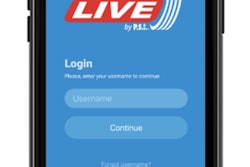No one is safe from cyber attacks, and cargo ships, trucks, and planes in transit are particularly valuable targets. Cyber criminals know these are essential modes of transportation in our global economy, and their efforts will be well rewarded.
With the disruptions of COVID-19, hackers have identified vulnerabilities they can exploit to attack strained organizations, particularly with businesses that count on shipping and manufacturing like logistics. Adopting a robust cybersecurity posture with proactive policies is the key to monitoring and addressing the growing threat of cyber attacks to your cargo.
Cargo transportation offers a huge potential payoff for hackers. Aside from attacking the actual vehicle, hackers can attack the logistics companies to gain access to their high-value targets. Hackers may attack a few ways.
Malicious domains are a method where hackers create new sites to launch spam campaigns, initiate a phishing attack or spread malware. Usually, these domains mimic those of legitimate companies to attract users.
Malware. The global communications that took place during the pandemic allowed hackers to launch attacks more easily, relying on spyware, malware and Trojans that are embedded in interactive features on websites. When the user clicks on the link, they get malware.
Ransomware is an effective way to attack companies that rely on their systems. No one can afford to be locked out of their own systems, so these companies tend to pay the ransom to regain access to their operational data and systems.
These attacks can be launched using stolen employee credentials or attachments and links. With logistics, that may occur with the logistics company itself or one of its suppliers or vendors, which can be a vulnerability in the entire network.










